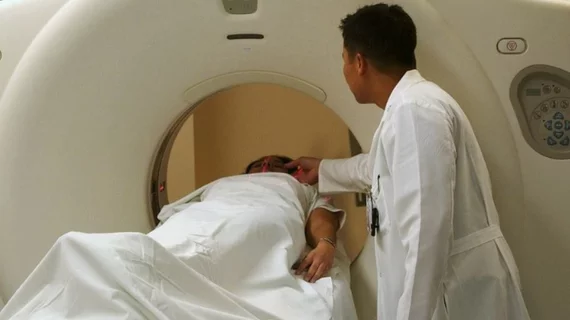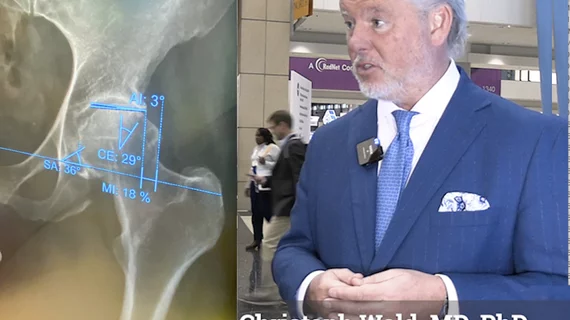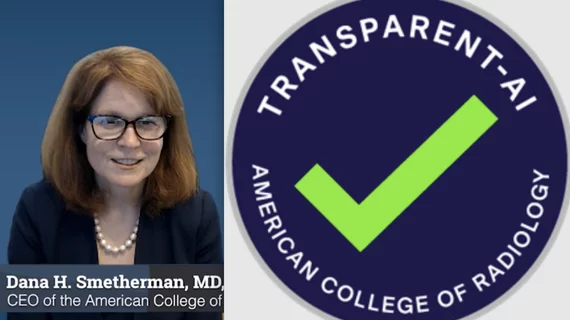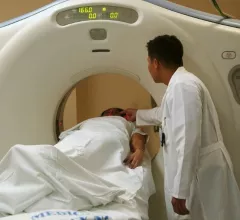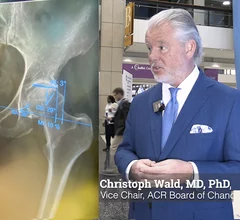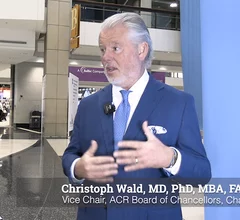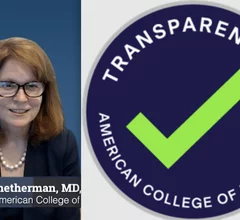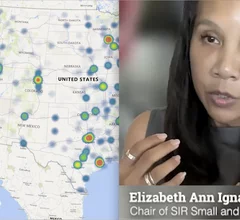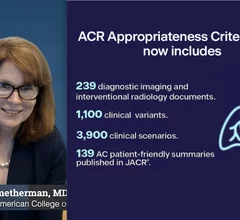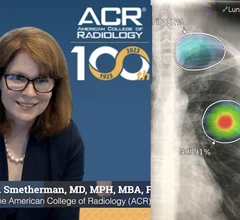American College of Radiology (ACR)
The American College of Radiology represents diagnostic radiologists, radiation oncologists, interventional radiologists, nuclear medicine physicians and medical physicists. The society represents more than 41,000 diagnostic and interventional radiologists, radiation oncologists, nuclear medicine physicians and medical physicists. ACR helps members, through advocacy, quality and safety, and innovation, and serves as the voice of radiology, demonstrating value and setting standards to advance the field and practice.
Displaying 1 - 8 of 93
